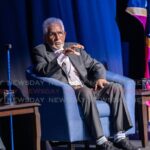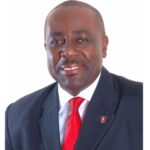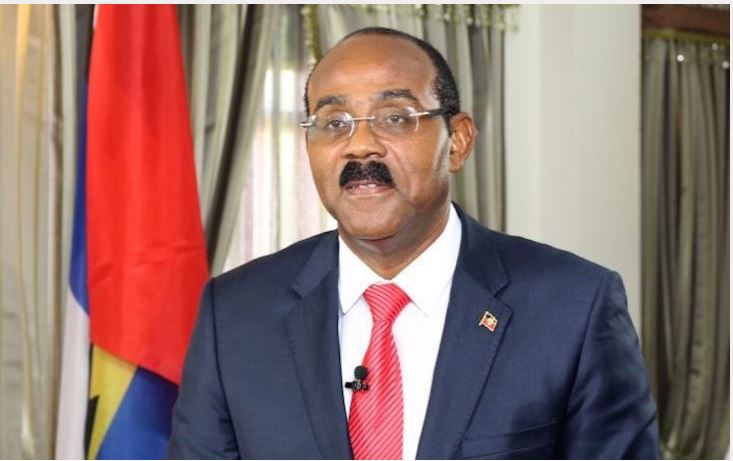Jamaica Gleaner – Prime Minister Andrew Holness on Thursday confirmed a Gleaner report that Jamaica is preparing to send soldiers to Haiti amid ongoing unrest as the CARICOM country struggles with a political, social and humanitarian crisis.
Antigua and Barbuda Prime Minister Gaston Browne has indicated that his government may send troops to Haiti amid ongoing turmoil in the French-speaking nation’s capital, Port-au-Prince.
Browne, who was responding to a Gleaner query on Thursday about whether the eastern Caribbean island would be putting boots on the ground, said: “[It’s] possible.”He added:
“We would want to play our part in restoring peace and tranquillity in Haiti.”
His comment comes on the heels of a Gleaner report that Jamaica Defence Force members were preparing for deployment to the CARICOM country under siege by gangsters.
Haiti’s security forces have struggled to curb the violence dogging its capital, forcing thousands to flee.
Prime Minister Andrew Holness on Thursday confirmed that Jamaica would be sending troops to Haiti as part of attempts to bring stability to Port-au-Prince.
Kenya has announced that it will send 1,000 police officers while The Bahamas on Tuesday pledged to send 150 people in support if a United Nations Security Council resolution put forward by the United States is approved.
“As it is now, Jamaica’s commitment still stands. We certainly can’t go up to the 1,000 troops suggested in media [from] the Kenyans, but we will give what we can,” Holness said during a press briefing at the Office of the Prime Minister in St Andrew.“We have our own challenges here. Whatever we do cannot impact in a negative way our own security challenges,” he added.
The prime minister said that as Jamaica is a sovereign country, the Government looks at all threats to the island’s stability and acts pre-emptively and strategically to ensure that there is the capability to deal with those threats.
“Certainly, we can’t deal with the threat of a massive migration problem should one occur, but we use our international partnerships to ensure that we are able to address it.
Regardless of how we feel about the situation in Haiti and how it could impact Jamaica, in the core and in the heart of every Jamaican is sympathy and solidarity,” he said.
Thirty-seven Haitians landed in Portland last month after fleeing the anarchy in their homeland. They have since requested asylum.
Senator Kamina Johnson Smith, minister of foreign affairs and foreign trade, said the files are being reviewed “one by one” and that nothing has changed since the establishment of the refugee committee, which is leading the process.
Johnson Smith said Jamaica remains committed to participating in any multinational security force authorised by the United Nations Security Council resolution.
“This has been our position, stated publicly for some time now, although the process, the road to having countries to support such a force and having countries and having a country agree to lead such a force has not been a straight road,” she said.
Johnson Smith said the prime minister has been advocating for support for Haiti across a broad spectrum, including a humanitarian secured corridor to allow for goods to be distributed from the ports and for critical infrastructure to be manned.
She said this would release the Haitian national police to deal with gangs.
The foreign minister said the intent is not to provide a peacekeeping force as would have been the previous mechanism used for Haiti support and which carries “a lot of emotional baggage for Haitian people”.
She said many challenges emerged from that force.
Johnson Smith said it has not yet been determined how many Jamaican soldiers will be deployed or when.
“We are hopeful that a resolution will come forth in August as the US is now president of the Security Council and they are leading in quite a forthright manner on this Haiti issue,” she said.










